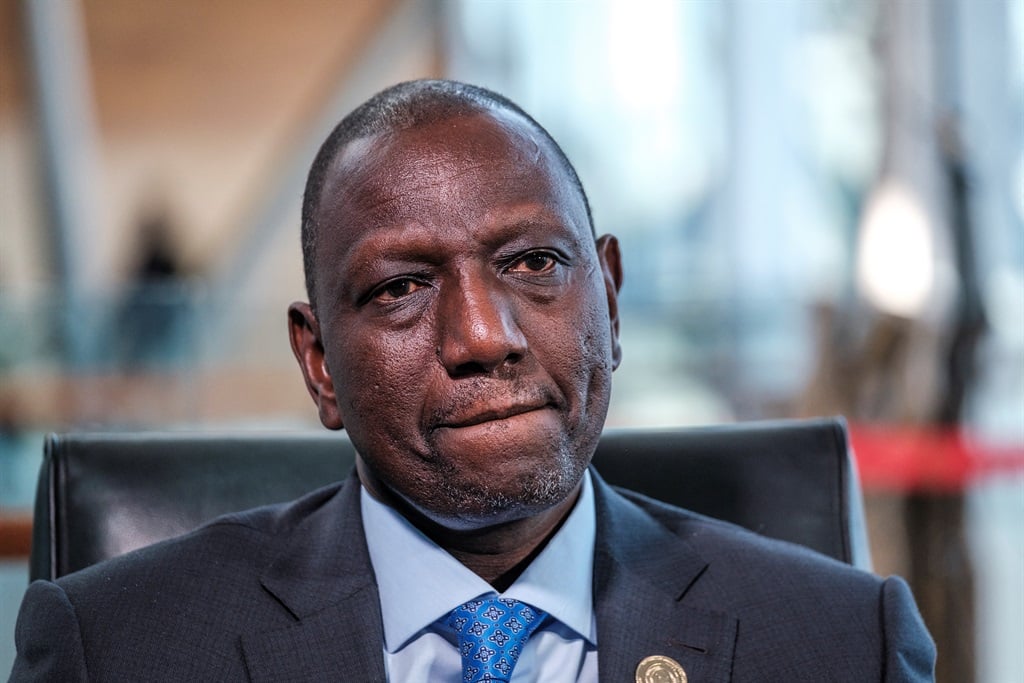

The Sudanese military government of Abdel Fattah al-Burhan has rejected Kenyan President William Ruto's leadership of the "Troika on Sudan."
The troika is a four-nation group of Kenay, Ethiopia, South Sudan, and Somalia.
It was tasked by the Intergovernmental Authority on Development (IGAD) to bring Al-Burhan and his rival Mohamed Hamdan Dagalo of the Rapid Support Forces (RSF) to the negotiation table in the next 10 days.
Before the troika could do any meaningful work, Al-Burhan asked for the troika to be led by South Sudan President Salva Kiir Mayardit.
He claimed that Kenya was taking sides with the RSF in the ongoing conflict in Sudan.
"The Government of the Republic of Sudan announces its rejection of Kenya's chairmanship of the IGAD Committee concerned with addressing the current crisis in Sudan, given that the Kenyan government and its senior officials have adopted RSF positions, sheltered its elements and provided them with various types of support," Sudan's ministry of foreign affairs said in a statement in Arabic.
IGAD is yet to respond to Al-Burhan's request.
Last week, in another show of non-cooperation, Al-Burhan expelled Volker Perthes, the United Nations' top man in Sudan.
Amir Suliman of the African Centre for Justice and Peace Studies (ACJPS) said the sudden shift in demands by Al-Burhan was a strategic delaying tactic.
He said:
The government is buying time. They used that strategy in all previous peace negotiations to make their position stronger when they go for talks.
Suliman said choosing South Sudan was also part of Al-Burhan's big play.
"The Sudanese government has political influence in South Sudan because it facilitated the peace process in South Sudan," he said.
He added that there were fears that government forces would resort to deadly chemical warfare if they lost in conventional battles.
"There is talk doing rounds that the army is planning to use chemical weapons. A few days ago Burhan said 'we haven't used deadly weapons yet', and that's an indicator."
Sudan has used chemical weapons in the past.
In 2016, under Omar al-Bashir, there was repeated use of chemical weapons against civilians, including very young children, in Jebel Marra, one the most remote parts of Darfur, an Amnesty International report established at the time.
|